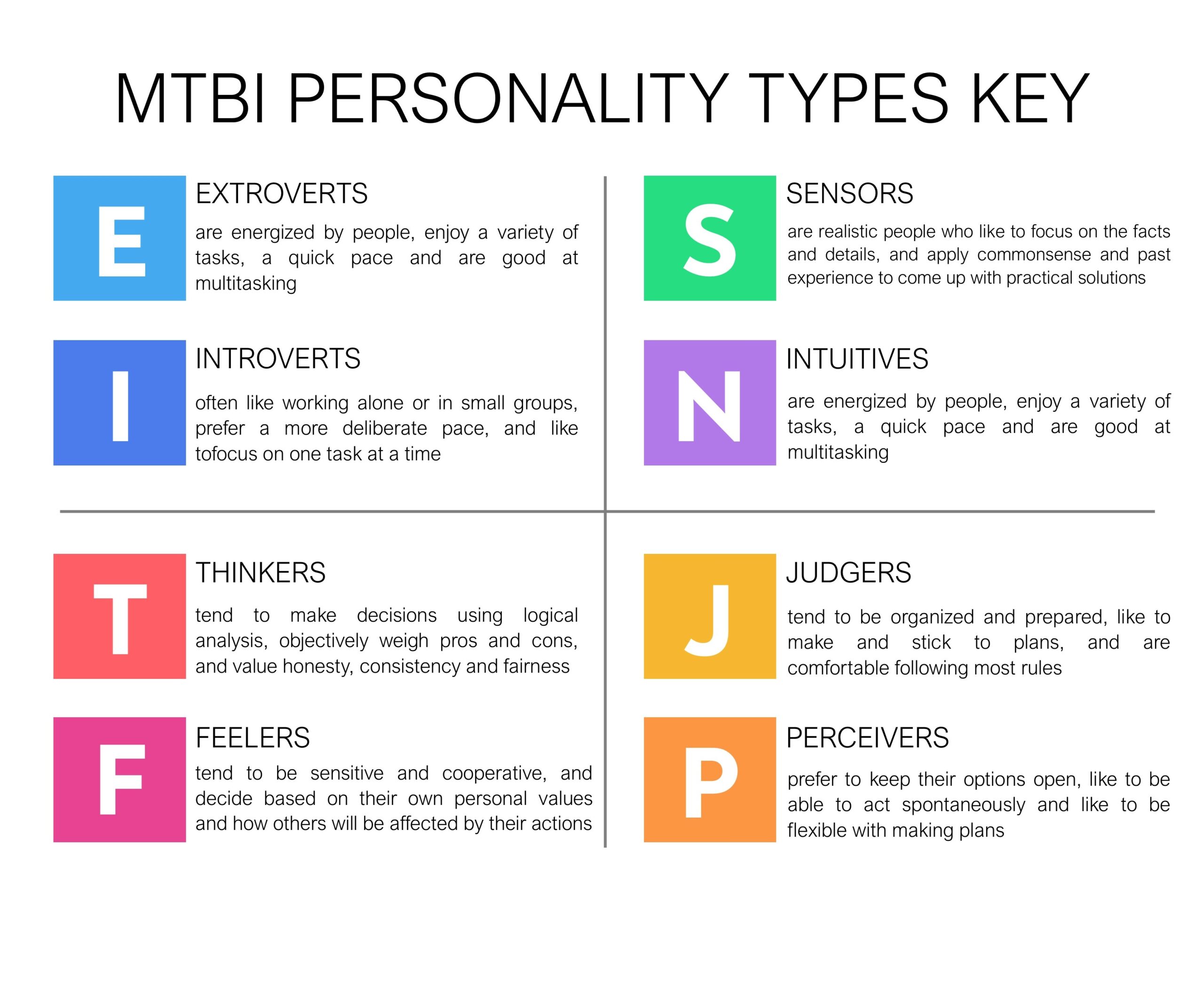Quick Definition: The Barnum Effect, also called the Forer Effect or the Fallacy of Personal Validation, says that we tend to believe generic descriptions of our personality - which could apply to basically anyone - specifically describe us.
What is the Barnum Effect?
The Barnum Effect says that we tend to believe generic descriptions of our personality - which could apply to basically anyone - specifically describe us. This effect is down to the power of suggestion and our desire to understand ourselves better, often leading us to accept generalized statements as deep personal insights.
The Barnum Effect happens when we see so-called Barnum Statements. Named after the 19th-century American showman P.T. Barnum, Barnum Statements are ambiguous and allow us to interpret them in a way that confirms what we already believe about ourselves.
Here are a few examples:
- "You have a great desire for other people to admire you."
- "You have a tendency to be critical of yourself."
- "You have hidden potential that you have not yet tapped into."
Almost anyone could find these personally meaningful because they're so vague.
3 Real World Examples of the Barnum Effect
1. Horoscopes and Astrology
Astrology relies on broad, sweeping statements that resonate on a personal level with as many readers as possible. People overlook the general nature of a horoscope in favor of a perceived personal connection.
2. Personality Tests
While some personality tests are based on research, most offer results that are intentionally vague, to make sure most people can see themselves in the outcomes. These tests give results that feel uniquely applicable to each individual, despite being broad enough to apply to a wide audience.
For example, in the world of business (and MBA programs) many people have taken the MBTI (Myers-Briggs) and other non-scientific personality assessments. But when we got our results, how many of us said, "This is way off." Not many (I'm an INTJ, or an INTP depending on the day).
(By the way, if you're a coach or a manger who wants to give personality asesments to your team try to find one that's based on O.C.E.A.N., the so-called Big 5 personality traits.)
3. Cold Reading Techniques in Psychic Readings
Psychics and mediums often employ cold reading techniques, making high-probability guesses that seem astonishingly accurate. By starting with general statements and observing reactions, they tailor their readings to seem more personal.
How to Avoid the Barnum Effect
1. Seek Out Specificity
Whether reading a horoscope or receiving critical feedback, ask yourself how likely it is that the statement could apply to anyone else. Seeking out detailed information can help you figure out if this is a personalized insight or a general statements designed for a broad audience.
2. Question the Source
Consider the intentions behind any information you see (or get sent). By critically evaluating the source, you can better assess whether the insights offered are genuine or if they might be using the Barnum Effect to create a false sense of personalization.
3. Learn to Recognize Barnum Statements
Barnum Statements follow similar patterns, so get familiar with their structure to spot them more easily. Here are 3 traits of the typical Barnum Statement:
- Vague: These statements are intentionally vague and broad, allowing individuals to interpret them in a way that seems specific to their own experiences and personality traits.
- Flattery: Many Barnum statements include positive traits that most people would like to believe about themselves, making the statements more appealing.
- Universal Experiences: Barnum Statements frequently reference emotions, thoughts, or experiences that are common to almost everyone, like feeling anxious about important decisions or wanting to be happy and successful.
The Bottom Line
The Barnum Effect is a fascinating thinking trap. By understanding it better, we can navigate the world with more wisdom. In doing so, we'll not only protect ourselves from bad actors but also move closer to genuine self-understanding.



